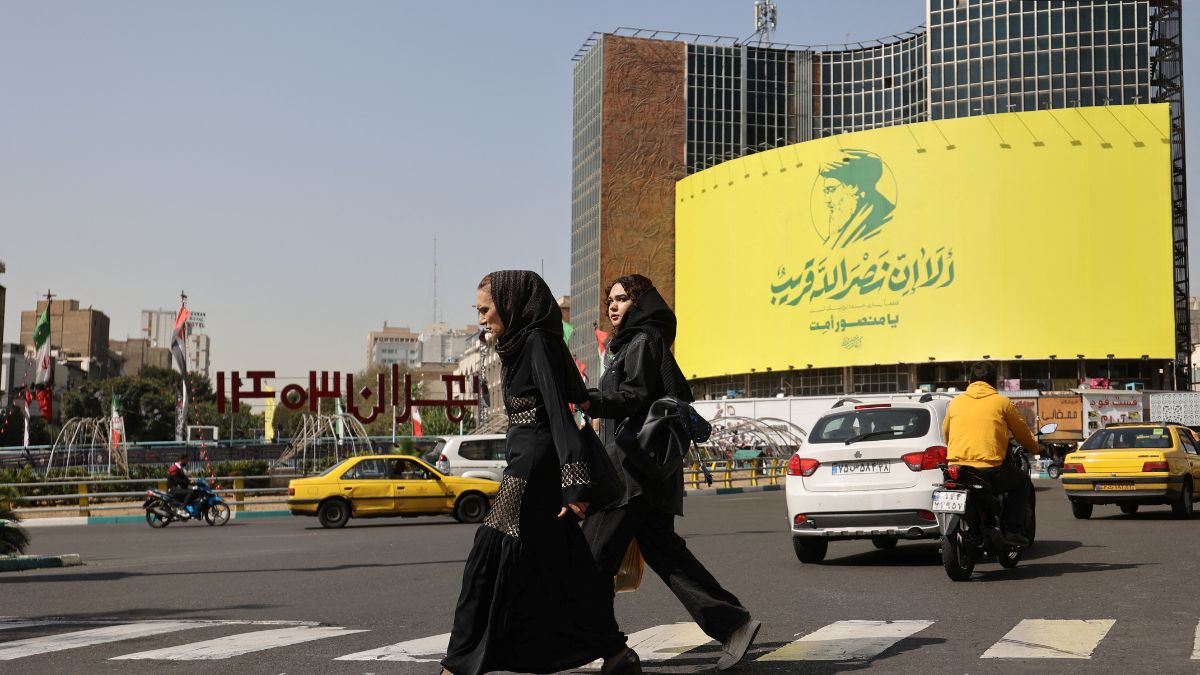In light of the recent events following the offensive executed by Hamas against Israel on October 7, 2023, Hezbollah finds itself at a critical crossroads. Historically recognised as a preeminent military and political entity within Lebanon and the broader Middle Eastern landscape, Hezbollah is currently contending with significant challenges in maintaining its esteemed status and operational efficacy, exacerbated by a series of strategic miscalculations, increasing casualties, and internal disarray.
The unpredictable characteristics of Hamas’ ‘Operation Al-Aqsa Flood’ initially placed Hezbollah in a condition of considerable disorganisation. Historically acknowledged as the representation of Lebanese resistance, Hezbollah demonstrated a notably slow response, misinterpreting the communications from Hamas. This organisation, which has primarily focused its efforts on augmenting regional dominance as an Iranian proxy rather than engaging in direct dealings with Israel following its withdrawal from southern Lebanon in 2000, nevertheless established a front in southern Lebanon to ease the pressure on Hamas.
Contrary to Hezbollah’s anticipations of a swift resolution, the protracted conflict has led to Israeli forces progressively dislodging Hezbollah from the border, thereby eroding its historical status as a deterrent force and inciting domestic calls for disarmament.
The assassination of Hezbollah’s leader, Hassan Nasrallah, during an Israeli airstrike in September 2024, significantly exacerbated the organisation’s existing turmoil. This momentous incident broke apart Hezbollah’s enduring belief in their invulnerability, casting the group into an unprecedented level of disorder. The organisation has not only encountered obstacles in finding a successor to Nasrallah but has also failed to observe key Islamic burial practices, which led to Nasrallah remaining unburied for longer than the customary 24 hours. This situation illustrates a serious organisational inadequacy within Hezbollah, as its failure to respect its deceased leader appropriately points to a meaningful operational deterioration.
Iran’s Strategic Leverage Over Hezbollah’s Future
It is crucial to acknowledge that Iran’s current engagement with Hezbollah indicates a diminishing focus on safeguarding its military assets, instead highlighting the possible effects of Hezbollah’s regression—or development—to advancing Iran’s strategic priorities in the region. In this framework, Hezbollah can be construed as possessing greater importance for Iran as a tool of strategic leverage in pivotal geopolitical discussions rather than merely as a legitimate military force.
Impact Shorts
More ShortsTehran may perceive the military defeat of this group or its retreat from southern Lebanon as a strategic concession that could be leveraged for increased influence in other areas, such as Iraq. If Hezbollah is perceived as ineffectively countering Israeli manoeuvres or safeguarding Lebanon’s territorial sovereignty, Iran might advocate for its diminishment as a military entity, capitalising on its reduction to negotiate concessions on other matters, including its nuclear aspirations or regional hegemony in Iraq.
This creates the possibility of a post-Hezbollah era defined by either the dissolution of the organisation or its transformation into a purely political entity. Nevertheless, Hezbollah’s discourse has persistently been anchored in its resistance ideology, and in the absence of its military assets, it may face considerable challenges in sustaining its political significance both domestically within Lebanon and in a broader geopolitical framework.
Post-Hezbollah Phase
The dissolution of Hezbollah would undeniably create a significant power vacuum within the Lebanese state. According to Imad Salamey, a distinguished scholar specialising in Lebanese affairs and a political scientist affiliated with the Lebanese American University, “The dismantling of Hezbollah’s operational capabilities is likely to empower its adversaries and anti-Iranian factions within Lebanon.” Salamey also foresees that the looming power void might spark civil unrest and unravel the fabric of societal harmony—and could allure international actors to take advantage of the turmoil for their own gain.
Given the evident deterioration of the group, adversaries of Hezbollah within the domestic sphere could exploit this situation to enhance the marginalisation of the organisation. In this scenario, the Amal Movement and Nabih Berri assumes paramount significance. As the experienced Speaker of Parliament and head of the Shiite-orientated Amal Movement, Berri has traditionally wielded considerable influence within Lebanon’s sectarian political landscape. In a Lebanon that has transitioned beyond Hezbollah’s dominion, Berri’s authority would be instrumental in steering the political evolution for the Shiite community.
Nevertheless, the question remains whether Hezbollah can endure as merely a political force without its formidable military arm. The essence of the organisation’s narrative has been intrinsically tied to its position as a bastion of resistance, and the lack of key figures such as Hassan Nasrallah would significantly jeopardise Hezbollah’s capability to function within the political domain.
Deprived of the legitimacy afforded by its military wing, Hezbollah would face substantial challenges in garnering internal support. Conversely, Berri may rise as the pivotal Shiite leader adept at steering this transformation, potentially contributing to either the consolidation of the political landscape or the exacerbation of sectarian divisions. His deep-rooted connections within Lebanon’s political framework, along with his capacity to mediate among diverse factions, could position him as the cornerstone of any Shiite political agenda in a post-Hezbollah context. Nonetheless, the ability of the Amal Movement and Berri to flourish independently without Hezbollah’s endorsement remains an open question.
Conclusion
The anticipated future of Hezbollah is now irrevocably linked to the evolving regional dynamics, wherein Iran perceives the organisation as an indispensable asset in its negotiations with global authorities. As Hezbollah suffers military setbacks and its influence within Lebanon diminishes, its dual identity as both a resistance entity and a political movement hangs precariously in the balance. At this critical juncture, Iran’s determination to either bolster Hezbollah or permit its disintegration remains ambiguous. Conversely, Lebanon finds itself at a pivotal crossroads—potentially its terminal juncture—where changes in demographics, political alliances, and regional accords will significantly shape its trajectory and the well-being of its populace.
The author is a Foreign Policy Analyst based in India. The views expressed in the above piece are personal and solely those of the author. They do not necessarily reflect Firstpost’s views.


)

)
)
)
)
)
)
)
)



